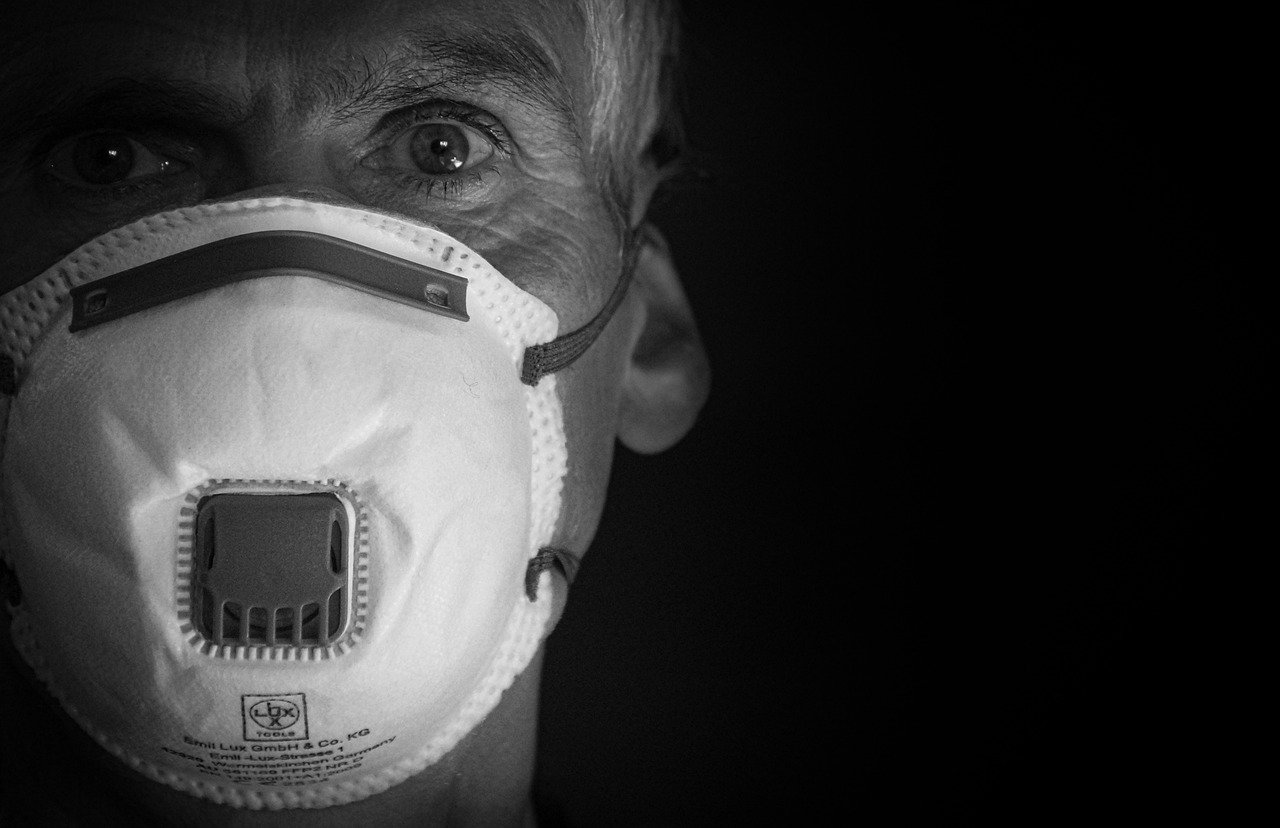I canceled my April blood draw. The protocol for Lemtrada (alemtuzumab) requires lab work each month because the treatment can have serious side effects. But I spoke with my neurologist and we decided that I could skip it. Blame it on COVID-19.
My legs are stiffer than they were two months ago. My walking is slower. I’ve postponed my semiannual neurologist visit. Blame it on COVID-19.
But my decisions have been pretty easy. COVID-19 is forcing tougher decisions on others with MS. Mark is an example. He’s in the middle of Ocrevus (ocrelizumab) treatments, which compromise some of the immune system. In a comment to a one of my columns on MS News Today he wrote:
“My next Ocrevus infusion is due in early June, so I’m very happy to have found this discussion–feeling unsure as best way to proceed. I’ve heard that while we Ocrevus people may have increased susceptibility to infection, the immuno-suppressing actually could be beneficial if it ends up warding off the dreaded ‘cytokine storm’ that can lead to complications/death. Interesting mixed bag!”
Another Ocrevus patient described her anxiety on a Facebook group I monitor:
“Currently getting my Ocrevus infusion. It was an extremely difficult decision for me to make. I felt like I had to choose between my MS getting worse or an increased chance of catching & dying from CoVid due to immunosuppression.”
And it’s more than just a question of whether a specific MS disease-modifying treatment might increase or decrease COVID-19’s impact. People receiving infusions also need to decide whether spending outpatient time at an infusion center or a hospital is risky for them.
In the U.K., MS News Today columnist Jessie Ace must travel to a hospital for her blood tests and also to pick up her medication. That concerns her. Some people need to use mass transit to get to their neurologist or MS treatment location, another potential risk. All this can mean anxiety with a capital “A.”
What should you do?
What to do is a question for you to discuss with your neurologist, but professor Gavin Giovannoni at the BARTS MS Center in London is another great information source. “Professor G,” as he is known, has had his finger on the pulse of MS and COVID-19 for many weeks. His MS Selfie microsite is an excellent place to ask questions and read case studies about living with MS in a COVID-19 world.
How has COVID-19 affected your MS life?
I’m lucky. My MS symptoms have been relatively stable through all of this. My Lemtrada infusions ended two years ago, and the meds that I use for my symptoms are all delivered by mail. Food also can be delivered and my scooter and I go outside a few times a day.
As for my lab work, I’m going to resume having it done. I’ll mask up and make sure the home care lab tech does the same. I’ve decided the benefit of keeping track of Lemtrada’s possible side effects outweighs the risk of the blood draw.
(Featured image by rottonara from Pixabay
(A version of this post appeared on the MS News Today website).



